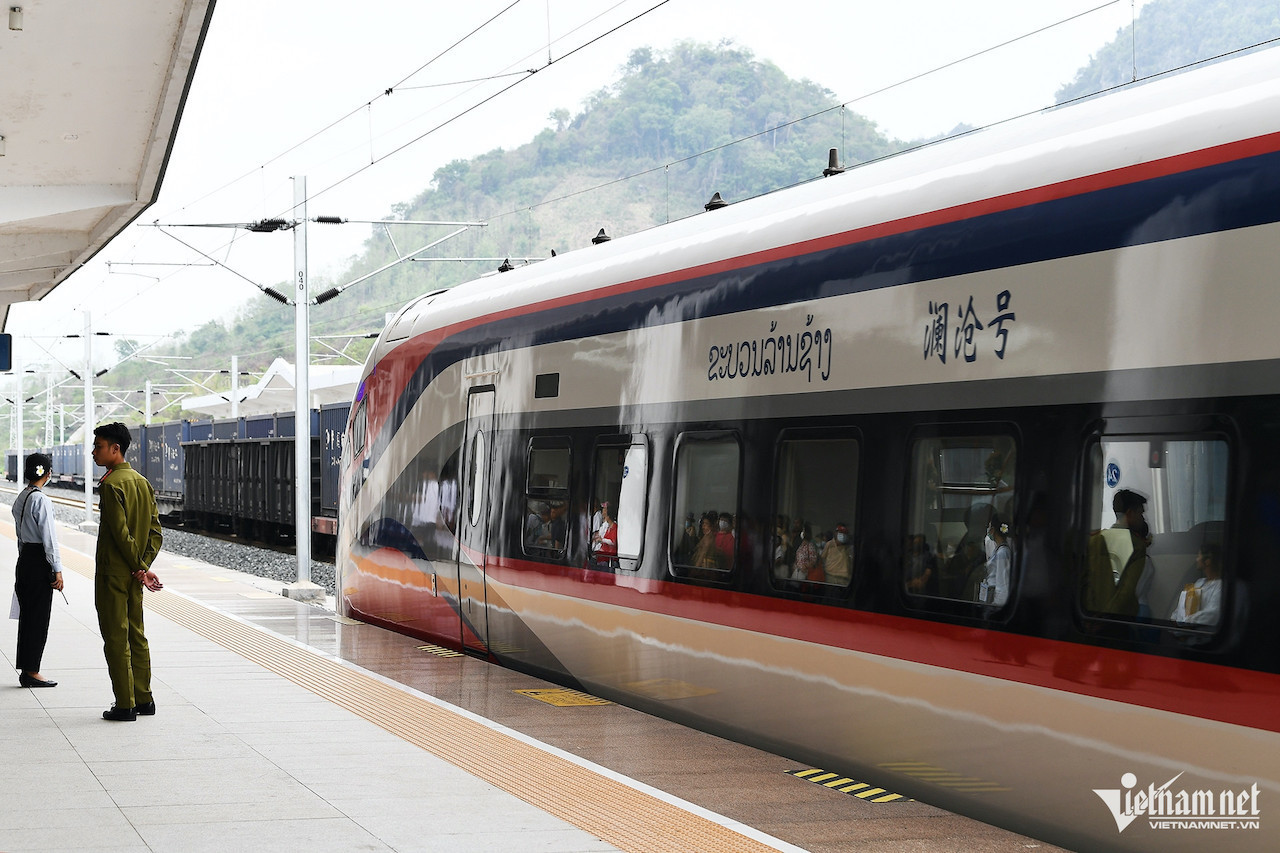
To operate the largest ever railway built with the biggest ever capital, the Ministry of Transport estimates that the NSR needs 14,000 workers for management, operation and maintenance jobs.
To ensure human resources for the high-speed railway, the government has instructed to deploy a program on developing human resources for the railway industry. The program is expected to have three training modes – domestic training, overseas training, and domestic-foreign mixed training.
A report showed that the total cost for human resource development will be $486 million. Of this, $340 million will be spent to produce 13,880 workers for management, operation and maintenance of the railway, while $8 million will be spent to train 700 workers for project management unit.
Phan Duc Hieu, a permanent member of the National Assembly's Economics Committee, there should be reasonable training strategies and conditions for domestic businesses to participate in the program.
“The principle is that domestic enterprises and domestic human resources will operate the railway. What we need to do is draw up reasonable strategies and flexible mechanisms to implement this,” Hieu said.
Regarding the human resources for project development, Colonel Nguyen Tuan Anh, deputy CEO of Truong Son Construction Corporation, said his business has cooperated with partners to provide training and grant certificates to railway engineers.
It has worked with foreign partners to visit, learn and train the workforce, as well as attract specialists to train its workers.
To have railway engineers, Deo Ca has set up a research institute which has opened two training courses so far to produce 200 engineers.
To have field workers, the group has established practical training centers at the projects it is deploying across the country, aiming at training general workers for practical work right on the construction sites.
Labor import
As a business which has implemented many railway construction works, Mai Thanh Phuong, president of RCC (Railway Construction Corporation JSC), said resources and equipment need to be well prepared for the high-speed railway.
When designing the railway, Vietnam has decided that the project must be implemented by Vietnamese enterprises. But domestic enterprises still don’t have knowledge and certificates on the field, and don’t have highly qualified engineers.
In general, it takes 4-5 years to study and train engineers and another three years to practice on site. This means that 7-8 years are needed to produce an engineer.
So, in order to start the project in two years as scheduled, Vietnam should think of importing workers, especially engineers. And training should be included in the long-term strategy for the next five years.
Phuong warned that without thorough preparation, activating the project in two years will be just a ‘fantasy’.
“We need to look at the situation realistically. It is necessary to import what don’t have and cannot produce,” he said.
Phuong cited the story about VinFast, which uses highly qualified foreign workers, as an example.
“If they can do this, transport firms also can,” he said, adding that if domestic enterprises don’t want to team up with foreign companies to set up joint ventures, Vietnam can think of another solution – importing highly qualified workers.
Hoang Nang Khang, deputy CEO of Vietnam Railways Corporation (VRC), said the business is preparing everything to satisfy requirements to run the railway. It is estimated that 13,800 workers will be needed.
A human resource development unit has been established, which is in charge of working with domestic and foreign training establishments to provide training courses, to get ready for the railway operation.
“We must not wait until the railway construction finishes to begin training. It takes five years of training to produce train drivers. Meanwhile, working drivers need re-training for three more years. Other workers need 3-5 years to be trained,” he explained.
For the immediate time, VRC has assigned railway junior colleges to cooperate with foreign partners to train workers. Foreign specialists can come to Vietnam to give theoretical training, while Vietnamese workers need to be sent abroad for practice.
N. Huyen